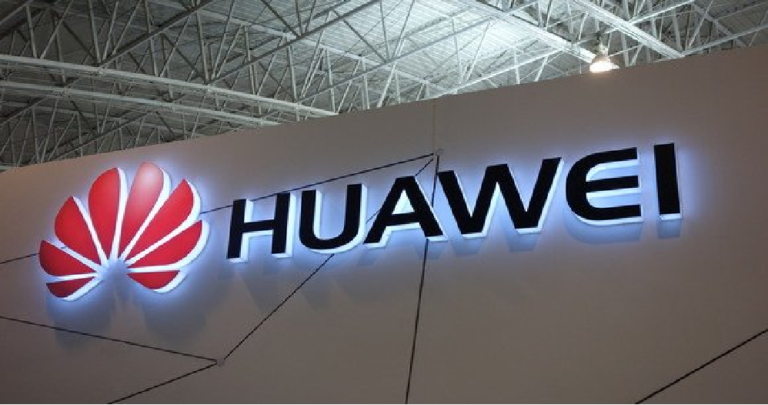
The federal government of Nigeria recently signed an agreement with two tech giants, CISCO and Huawei to establish a minimum of 300 academies in Nigeria to train 30,000 citizens in advanced ICT.
Recall that earlier this year, the federal government also signed an agreement with Microsoft to train 5 million Nigerians, in the area of Artificial Intelligence (AI).
Minister of communications and digital economy, Prof. Isa Pantami disclosed that all these agreements signed by the government are efforts towards achieving the target of attaining 95% digital literacy in the country by 2030.
Tekedia Mini-MBA edition 16 (Feb 10 – May 3, 2025) opens registrations; register today for early bird discounts.
Tekedia AI in Business Masterclass opens registrations here.
Join Tekedia Capital Syndicate and invest in Africa’s finest startups here.
While delivering a keynote address, the minister of communications and digital economy disclosed that digital skills and the 4th industrial revolution have been highlighted in the country’s national digital economy policy and strategy, as key pillars in diversifying the country’s economy.
In his words, “Of recent, we have had an agreement with Huawei and CISCO to establish a minimum of 300 academies in Nigeria and to train a minimum of 30,000 citizens on advanced training. In addition to this, we have another agreement with Microsoft in which 5 million citizens are going to be trained in ICT, particularly in the area of Artificial Intelligence.
If you look at our national digital economy policy and strategy for a digital Nigeria 2020-2030 which was unveiled by his excellency, President Muhammadu Buhari, you will discover that those two components have been effectively mentioned and captured in the policy under pillars number 2 and 7. Pillar number 2 is digital skills and literacy, while pillar number 7 is digital society and emerging technologies”.
No doubt the government has been pushing hard to actualize a digital economy through its partnership with different global tech companies which is commendable. In today’s world, a digital economy is one of the most important drivers of innovation, growth, and job creation.
It has led to the creation of new business models, new products and services, etc. Looking at the partnership of the federal government with CISCO and Huawei to train about 30,000 youths in advanced ICT, is a good step taken toward developing Nigeria’s economy.
Despite the fact that Nigeria serves as a key business hub, thriving and attracting foreign trade to the African continent, unfortunately, the country falls under the category of nations that are lagging in ICT development on a global scale.
It has been estimated that ICT has contributed to one-quarter of GDP in most developing countries. For example, ICT was responsible for 25% of Kenya’s economic growth, 20% of China’s, and 34% of Japan’s economic growth.
ICT without a doubt is a key catalyst to a nation’s economic growth, which drives productivity and efficiency in all sectors of a nation’s economy. Currently in Nigeria, almost every sector leverages ICT to increase efficiency and productivity.
ICT allows for an easier interchange of international innovators and the dissemination of new technologies, which therefore leads to the acceleration of invention and circulation of new ideas that trigger technological change.
In Nigeria, ICT has impacted Agriculture, healthcare, financial services, tourism, etc as it has created more opportunities for diverse forms of investment through the digital market.
Unfortunately, despite the great impacts of ICT on the economy of nations, many developing countries are still far from having fully exploited the benefits of ICT.



